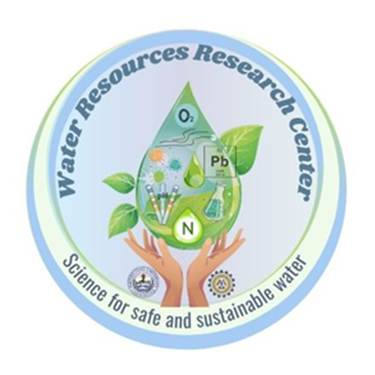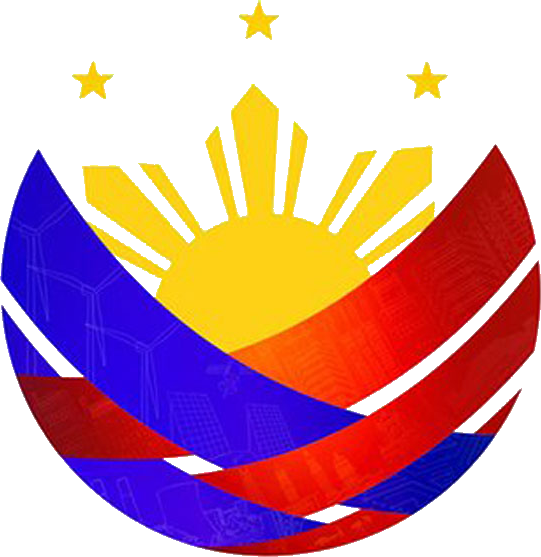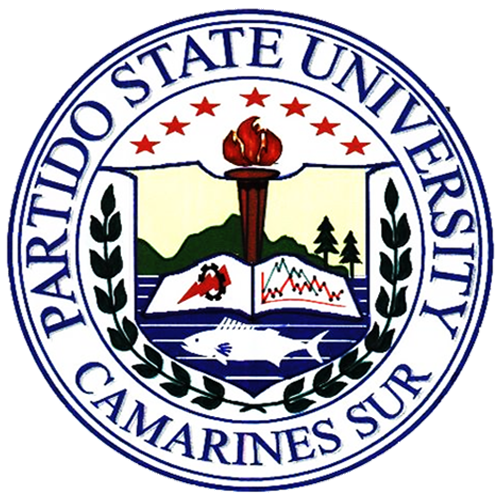
Water Resource Research Center
The Water Resources Research Center (WRRC) of Partido State University is committed to ensuring safe and sustainable water for Partido and nearby communities. Guided by the principle of “Science for Safe and Sustainable Water,” the Center fosters collaboration with government agencies, local stakeholders, and the community in addressing water quality challenges. Its research focuses on microbiological, chemical, and physical analyses of water to promote public health, environmental protection, and sustainable resource management.
The WRRC is not only a testing laboratory; it is also a science-based partner of LGUs with national agencies, ensuring safe, sustainable, and compliant water with both public health and environmental standards.
Objectives
The Water Resources Research Center aims to uphold public health and the environment by providing a reliable water quality analysis aligned with DOH, DENR, and the Philippine National Standards for Drinking Water (PNSDW).
1. Provide reliable water quality analyses (turbidity, microbiological, nitrates, DO, BOD, COD, TDS, heavy metals, coliforms, and pH) to ensure safe drinking water for the community that conforms with the government standards, and send advice to LGUs and water districts in case of waterborne pathogens that pose a risk of contamination.
2. Conduct ambient water quality monitoring in lakes, rivers, and coastal zones in partnership with LGUs, industries, and communities aligned with DENR’s Water Quality Guidelines and Effluent standards (DAO 2016-08 and DAO 2021-19).
3. Integrate aqua-zoonotic surveillance (schistosomiasis, leptospirosis, antimicrobial-resistant bacteria, harmful algal bloom) in water monitoring programs.
4. Provide training to LGUs, barangay water operators, and community organizations on safe water management, zoonotic disease prevention, and basic monitoring practices.
5. Undertake applied research and explore innovative solutions on emerging contaminants, zoonotic pathogens, and climate-related water issues.
6. Establish collaboration with DENR, DOH, NGOs, LGUs, and academe to build an integrated science for sustainable and safe water.
Services Offered
1. Physico-Chemical Analysis (Field & Lab)
Parameters: pH, temperature, dissolved oxygen (DO), turbidity, conductivity, and
salinity.
In Situ: Portable multiparameter probes.
2. Microbiological Safety Testing
Parameters: Total coliforms, E. coli, heterotrophic bacteria.
In Situ: Portable presence/absence test kits, membrane filtration with field incubators.
3. Nutrient Analysis
Parameters: Nitrate, nitrite, ammonia, phosphate.
In Situ: Portable colorimeters or test kits.
4. Heavy Metals & Trace Elements Monitoring
Parameters: Lead, arsenic, mercury, cadmium, chromium.
In Situ: Portable XRF analyzer, field test kits.
5. Organic Pollutants & Pesticide Residues
Parameters: VOCs, hydrocarbons, agrochemical residues.
In Situ: Portable GC or immunoassay kits.
6. Wastewater & Effluent Quality Assessment
Parameters: BOD, COD, TSS, oil & grease.
In Situ: DO probes for BOD estimates, portable COD digester kits
7. Emergency & Rapid Water Testing (Disaster Response)
Parameters: Quick checks for turbidity, chlorine residual, coliforms.
In Situ: Portable emergency water test kits, handheld colorimeters.
8. Pharmaceuticals and Personal Care Products (PPCPs)
Analgesics & anti-inflammatories: ibuprofen, acetaminophen
Antibiotics: tetracycline, ciprofloxacin, sulfamethoxazole
Hormones/endocrine disruptors: estradiol, ethinylestradiol
Antidepressants: fluoxetine (Prozac), sertraline

Engr. Annabella C. Vilando, MAT-Math, PhDChE, ASEAN Eng
Center Director
waterrrc@parsu.edu.ph





